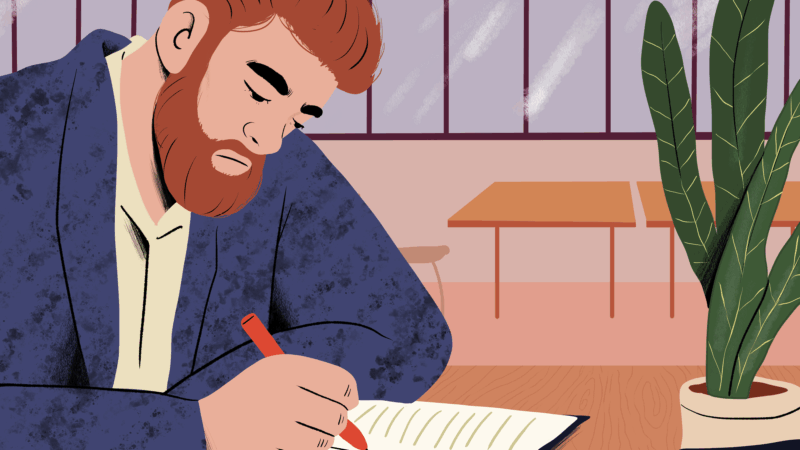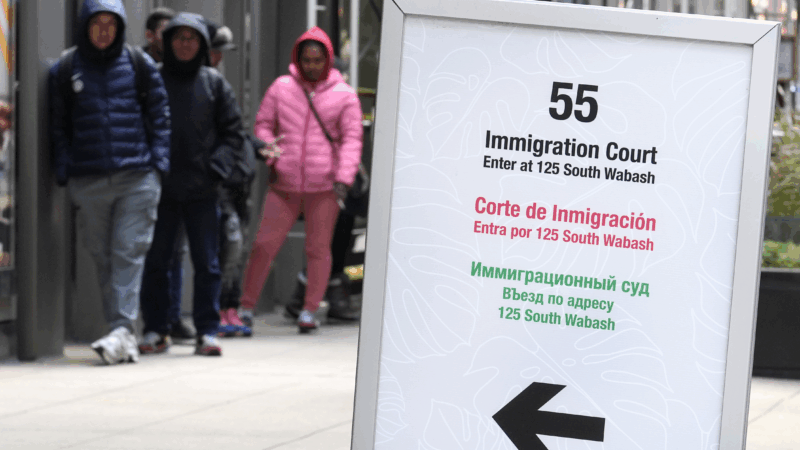NEA cancels decades-long creative writing fellowship
Alice Walker. Charles Bukowski. Louise Erdrich. Juan Felipe Herrera. These are just some of the authors who received a Creative Writing fellowship from the National Endowment for the Arts over the years. The fellowship has now been canceled.
The annual program was set up in 1966 to help foster American fiction, non-fiction and poetry. The latest iteration of the fellowship offered fiction and creative non-fiction writers a $50,000 grant. Applications were due in March and notifications were set to go out in December. But last week, notices were sent to applicants stating: “The NEA has cancelled the FY 2026 Creative Writing Fellowships program.”
The email, which has been posted by various authors on social media, states that the NEA is canceling grants that exist outside of the Trump administration’s priorities. NPR has reached out to the NEA for comment.
According to the email, the NEA is focused on projects supporting HBCUs, Hispanic serving institutions, the upcoming 250th anniversary of America’s independence, houses of worship, and “AI competency.”
Similar emails went out in May, when the Trump Administration began making large cuts to the NEA. The administration has proposed cutting the agency altogether. The NEA’s funding amounts to 0.003% of the total federal budget, according to the NEA.
Lindsey Vonn says she suffered ‘complex tibia fracture’ in her Olympic downhill crash
The 41-year-old star said her torn ACL was not a factor in her crash. "While yesterday did not end the way I had hoped, and despite the intense physical pain it caused, I have no regrets," she wrote.
Guerilla Toss embrace the ‘weird’ on new album
On You're Weird Now, the band leans into difference with help from producer Stephen Malkmus.
Nancy Guthrie search enters its second week as a purported deadline looms
"This is very valuable to us, and we will pay," Savannah Guthrie said in a new video message, seeking to communicate with people who say they're holding her mother.
Immigration courts fast-track hearings for Somali asylum claims
Their lawyers fear the notices are merely the first step toward the removal without due process of Somali asylum applicants in the country.
Ilia Malinin’s Olympic backflip made history. But he’s not the first to do it
U.S. figure skating phenom Ilia Malinin did a backflip in his Olympic debut, and another the next day. The controversial move was banned from competition for decades until 2024.
‘Dizzy’ author recounts a decade of being marooned by chronic illness
Rachel Weaver worked for the Forest Service in Alaska where she scaled towering trees to study nature. But in 2006, she woke up and felt like she was being spun in a hurricane. Her memoir is Dizzy.






